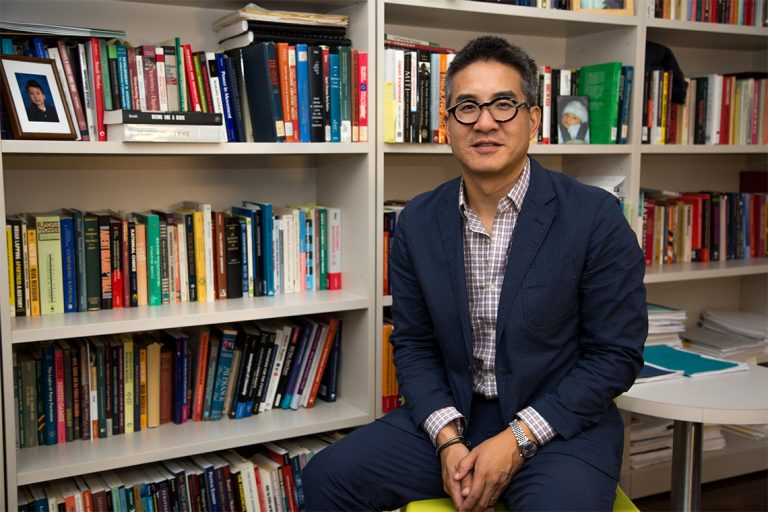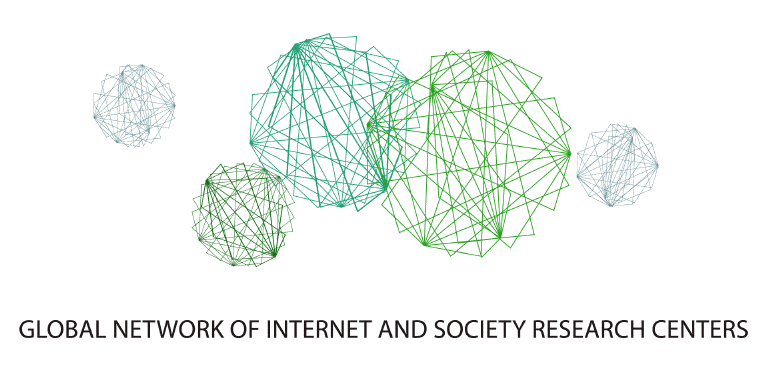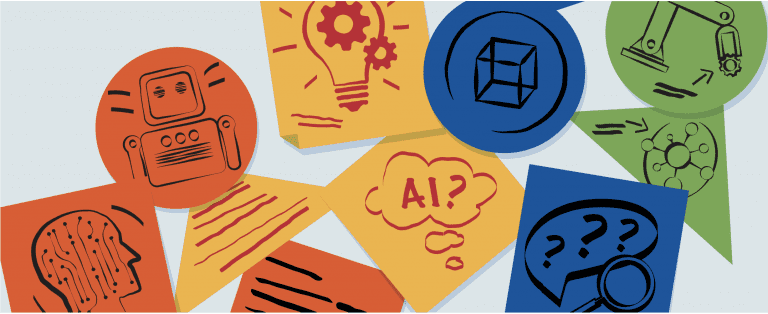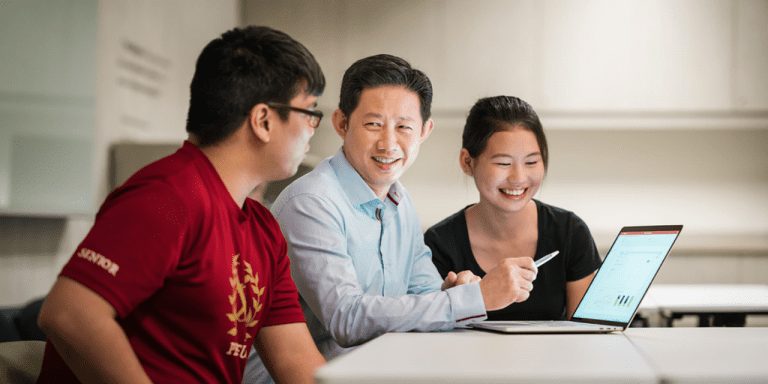Dear representatives, we have had in-depth exchange of ideas and discussions on world digital education reform and cooperation over the past two days, with fruitful accomplishments. We understand that, the digitalization of education is the strategic choice and key approach in the context of educational reform worldwide. In terms of developing digital education, application is the key, sharing the potential, and innovation the vitality. Open cooperation is THE way to developing digital education. Therefore, we should make concerted efforts to leverage the strength of digital technologies and promote an inclusive development of digital education.
In light of that, this Conference, hereby makes the Call – to let World Digital Education Conference, World Digital Education Alliance and Smart Education Platform play their role, to strengthen policy dialogues, case studies and information sharing, to deepen both South-South and South-North-South cooperation, to pay great attention both to Africa and small island developing states and to women, girls and vulnerable groups, to make digital education equal for all, and to realize, through joint efforts, the UN Sustainable Development Goals (SDGs) by 2030.
I. Promotion of joint building and sharing of digital resources – to make supportive policies, promote popularization of the internet, jointly develop digital education resources of high quality and make them open, create teaching aids, co-establish and update a public service platform for digital education equal for all, build international learning communities, and discover new mechanisms for knowledge dissemination as well as new models of education supply.
II. Enhancement of cooperation on digital education application – to serve the needs of digital education of all countries, leverage AI and data elements, stick to the design principle of human being in the loop, co-develop open and inclusive large models exclusively for education based on the intelligence of educators, expand inclusive, all-round and full-coverage large-scale application scenarios, innovate in education evaluation models, and realize large-scale practice of teaching students in accordance with their aptitude.
III. Deepening of integrated digital education innovation – to cooperate to enlarge supply of public services of education, set up an international collaborative experimental bed for digital education, co-establish an integrated application system of knowledge and data, create multi-dimensional, open and shared scenarios and ecosystems, promote innovative integration of chains of lifelong learning, industry and talents, and support as well as lead sustainable socioeconomic development.
IV. Cooperation on promoting teachers’ capacity building – to co-establish a global collaborative network for teachers’ capacity, popularize inclusive and effective digitalized pedagogies, develop smart teacher assistants, explore digitalized collaborative teaching & research and human-machine collaboration, support teachers in becoming knowledge producers, learning facilitators and development mentors, and improve teachers’ digital competency.
V. Collaboration on advancing digital education research – to leverage research and practice strengths of all countries, promote collaborative research in theoretical systems, technical tools and application models of digital education according to different application needs, better showcase the advantages of digital technologies, and empower education development.
VI. Joint discussion on digital education governance – to co-develop guidance and code of conduct for AI application, ensure digital education to be in line with ethics, safe and trust-worthy, jointly optimize digital education standards, empower campus governance through digital technologies, create smart tools for population estimation, resource allocation and policy-making support, and enhance the leadership of digital education.






